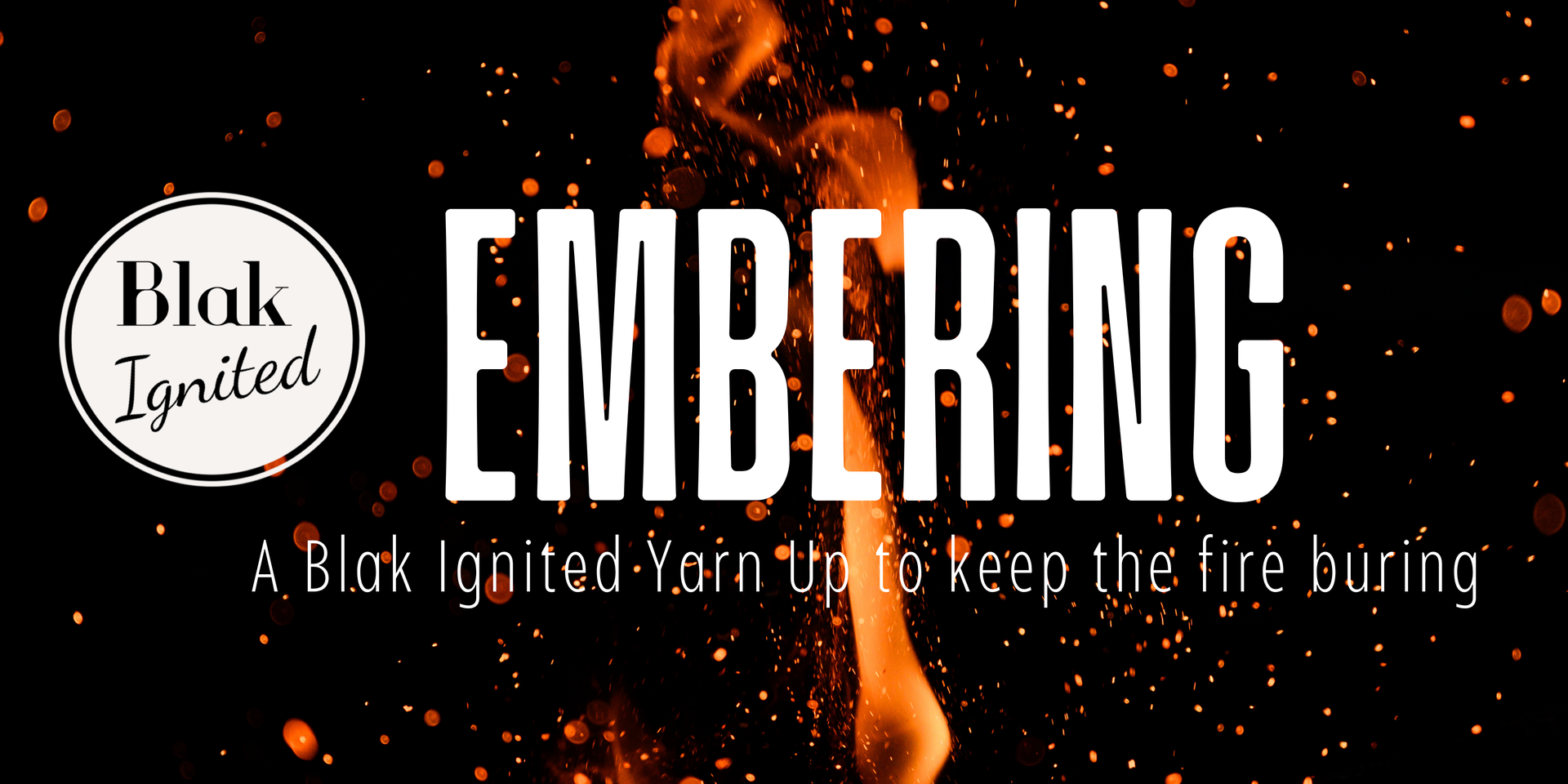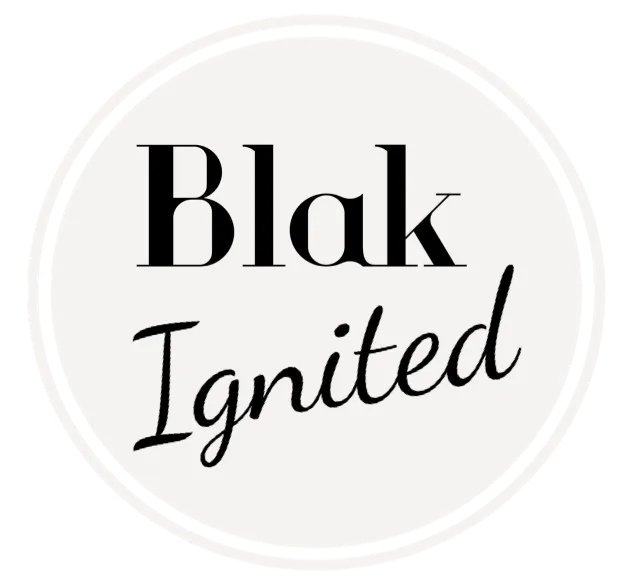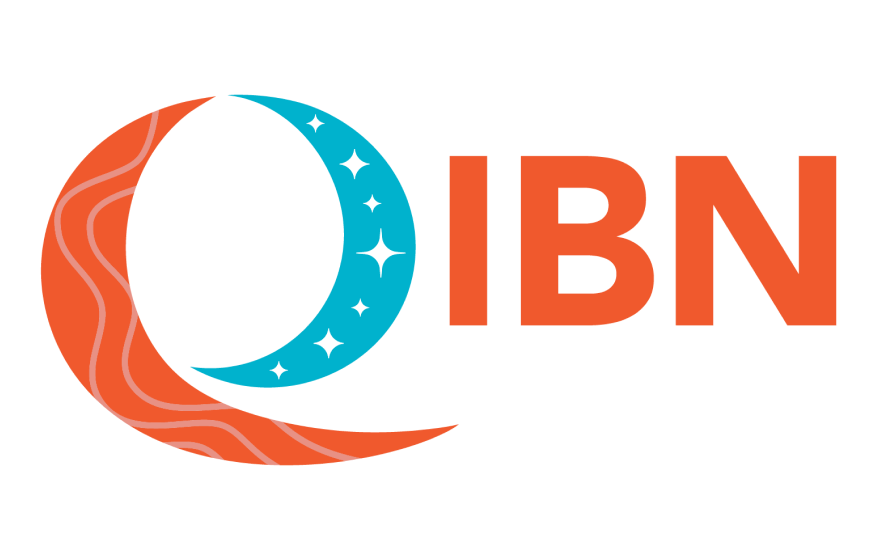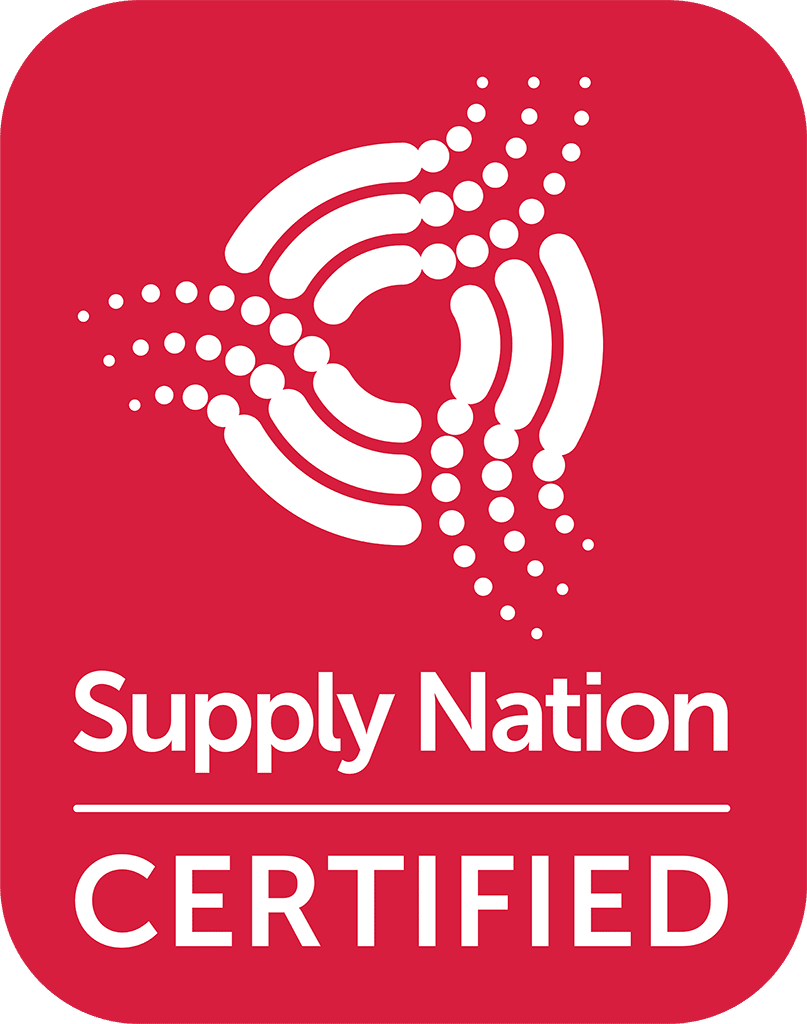Building Trust in Indigenous Contexts.

Trust Isn’t a Transaction: It’s a Relational Becoming
In many workplaces and institutions, trust is measured by output — by consistency, performance, and action. It's something to be “earned,” often through doing the right thing, saying the right words, holding the right title. The formula goes: “If I do this well, then you’ll trust me.”
In the world I walk — shaped by Indigenous Ways of Being — trust isn’t transactional. It isn’t granted through status or assumed because of good intentions. It isn’t fast-tracked because someone attended training or read the right books. Trust, for us, is not claimed. It’s felt. And it’s not something you hold — it’s something you carry with care.
Trust breathes in the small, quiet moments:
How you show up when there’s nothing to gain.
How you stay when the story becomes uncomfortable.
How you choose not to centre yourself — even when it’s easier to do so.
It is relational — rooted in presence, humility, and deep listening.
It is embodied — not in what you say, but in how you move.
It is ancestral — shaped by kinship, by protocols, and by connection to Country.
Too often, trust is confused with being helpful, with rushing in to fix, or with saying, “I’m not like the others.” But trust built on performance is fragile. It cracks under pressure. And it protects the self-more than it protects the relationship.
I see these patterns time and time again: people who care deeply but default to control or silence because discomfort arises. Those who mean well — but unconsciously centre their feelings, their fear, or their desire to be seen as good. These are not failures of character — they’re inherited patterns. But left unexamined, they block the kind of trust that Indigenous peoples need in relationship.
This is where Emotional Intelligence becomes essential. Because trust in an Indigenous context isn’t just about what you know — it’s about how you hold yourself. It asks you to regulate your response, to sit with discomfort, to choose humility over performance, and to keep showing up — especially when it’s hard.
When Cultural Intelligence meets Emotional Intelligence, something deeper emerges:
Relational Intelligence — the ability to build relationships that are not only informed but honouring. Not only respectful, but safe.
That’s what this moment — this movement — calls for.
Not more knowing.
But more becoming.
Not louder voices.
But deeper listening.
Not just cultural learning.
But relational change.
So if you’re walking this path of allyship, leadership, or cultural partnership, I invite you to pause and ask:
- Am I entering this space as an expert, or as a guest?
- Am I seeking trust… or honouring the slow work of building it?
- Am I willing to be shaped by this relationship — not just credited for it?
Because in our way, trust is not a checkbox or a strategy.




